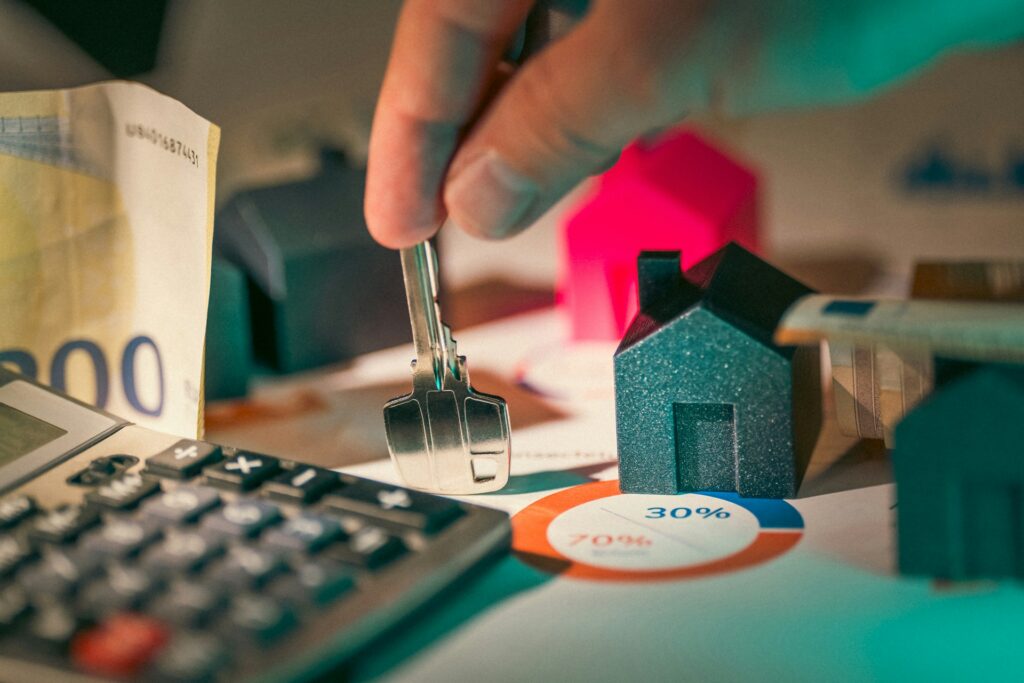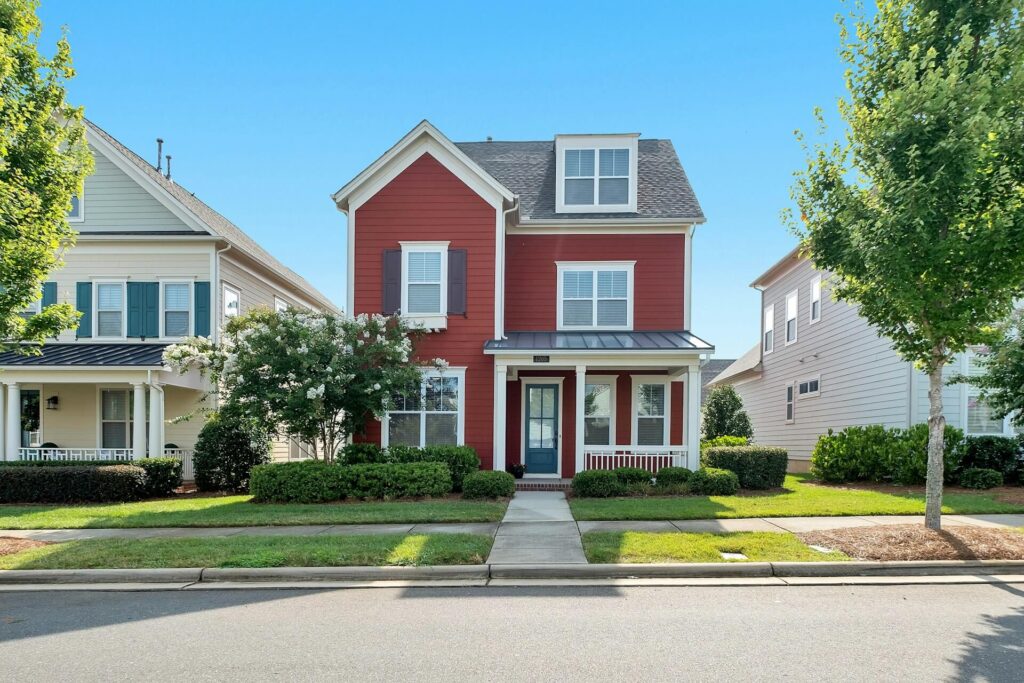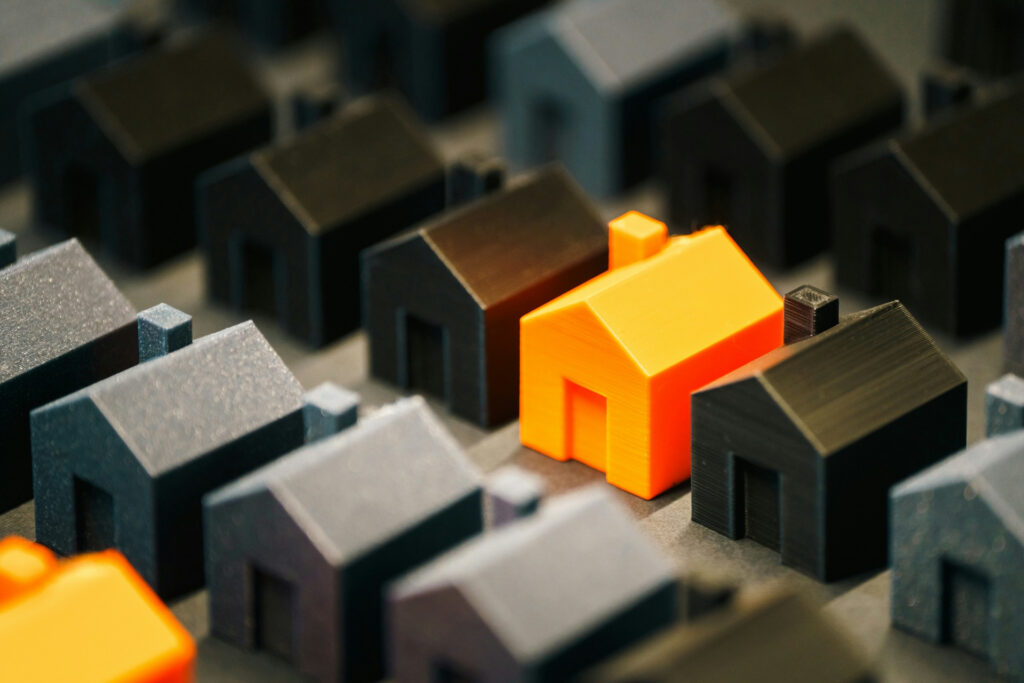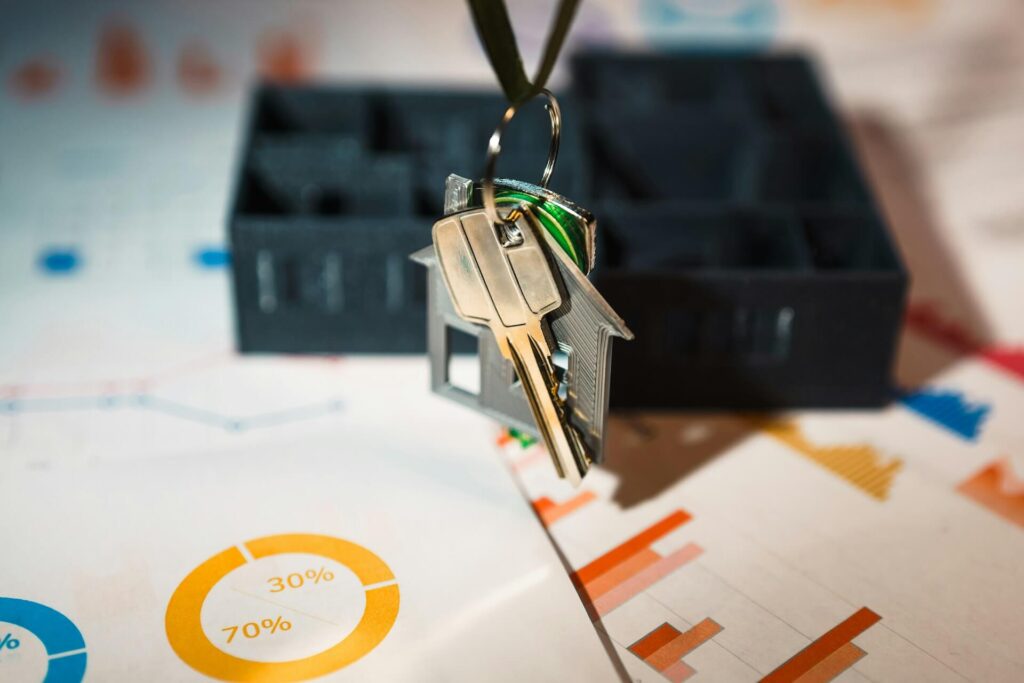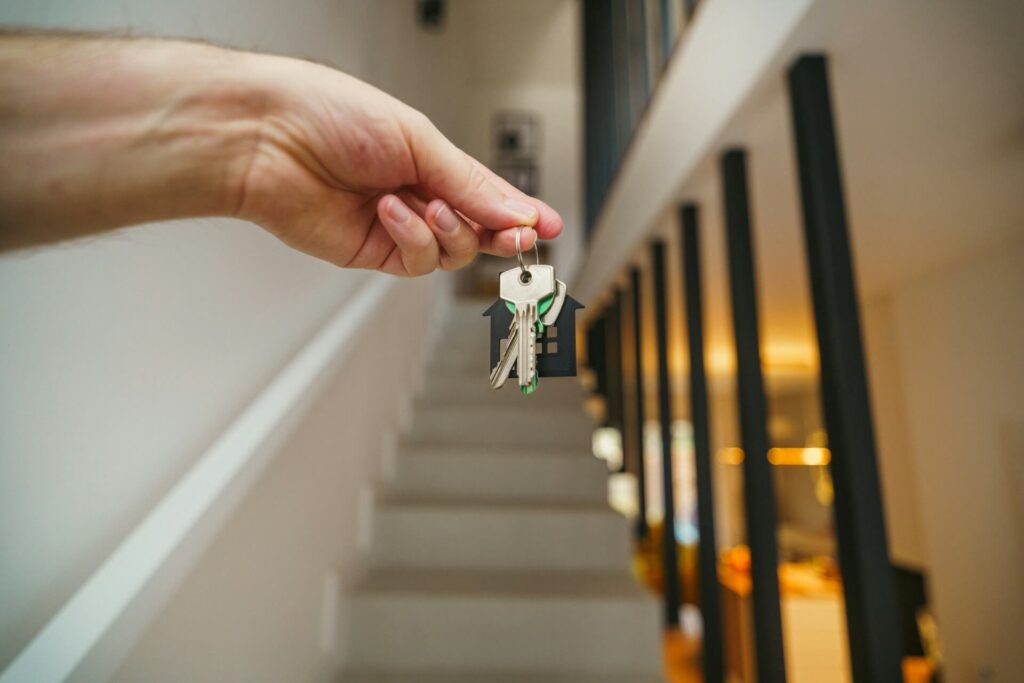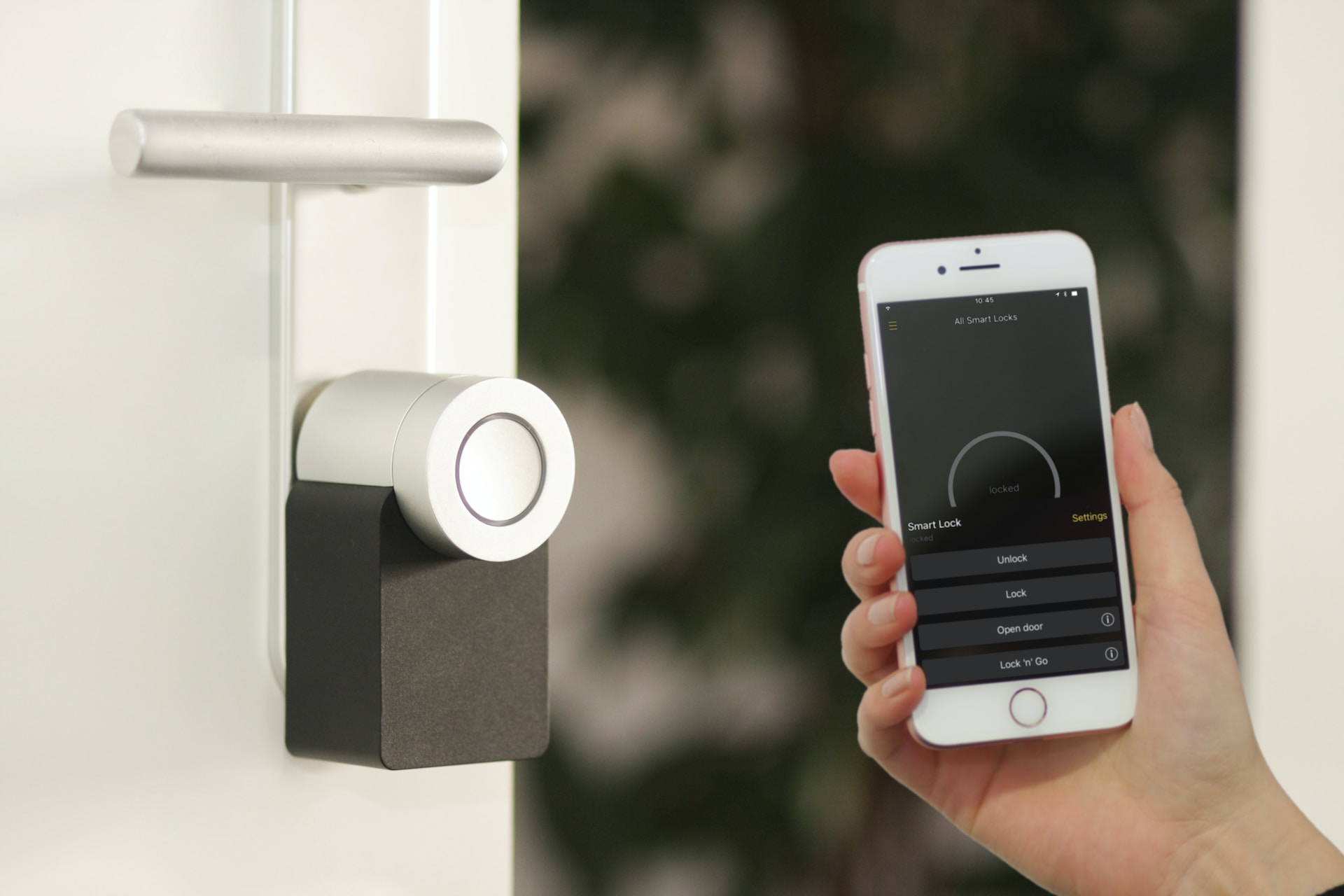
We are reader-supported. When you buy through links on our site, we may earn an affiliate commission.
A home break-in is one of life’s most terrifying events. Even if no one is harmed, the experience can leave you traumatized because your home, your sanctuary, the one place you expect to feel safe, has been violated. How can you improve your home security?
Preventing a home invasion is far better than recovering from one. What can you do to make your castle less of a target?
Fortunately, you can take proactive steps to safeguard yourself and those you love, even if you don’t have much money. Here are 11 tips on how to improve your home security.
1. Institute a Locked-Door Policy
Your first step in improving your home security is to tackle potential entry points. Are you one of those who think, “I live in a safe area, and I’m just running out for a minute?” Consider this — most burglaries occur between 10 a.m. and 3 p.m., often under similar circumstances. Someone watching could get to know your habits, sneak inside and swipe your computer while you go to the grocers.
To protect your home, get everyone in your household on the same page with a locked-door policy — including when you’re in the house. While it may seem scary to have a burglar slip in while you run out for milk, it’s even more terrifying to think of what may happen if you or your kids were home alone when criminals strike.
2. Secure Your Entryways
Make your entries even more secure by ensuring your locks are effective. Install a deadbolt if you don’t have one. You can also add extra plates to make it harder to jimmy and add a deadbolt protector to prevent the dial from turning if a clever lockpick strikes.
Do you have a sliding patio door? While they’re fabulous for natural light and a great view of the outdoors, they’re a security nightmare. Here’s what to do:
- Add a top pin: Secure your sliding door at the top and bottom. For the top, drill a hole and insert a pin to prevent popping the lock and sliding the door open. Use a ball-lock T-handle pin to keep burglars from pushing it out from the outside.
- Add a security bar: You might know the trick of putting a block of wood in your sliding glass door to prevent it from opening. You can also find steel bars designed for the purpose at hardware stores.
- Add security film: Window security film does more than keep outside eyes from looking in. It also prevents the glass from shattering if a rock or hammer hits it.
You don’t want to open your door to potential trouble. Install a peephole to know who’s there before you answer or use a Ring doorbell to view guests.
What if you have to let the dog walker in while you’re on vacation? Every savvy burglar knows to check for spare keys under the mat and potted plants. Instead, use a lockbox — they’re cheap enough to pick up at any hardware store, and you can change the code afterward to prevent unwanted service people from visiting you unawares.
3. Strengthen Your Windows
Check your windows, too. Every entry point from upstairs windows to the sublevel egress windows need the same security standards as your front door.
Most window locks are insufficient, so look for secondary ones at your local hardware store. Security film can protect against broken glass and let more natural light into your home while keeping prying eyes out. Polycarbonate safety shields and window bars are other options to consider.
4. Install Motion Detectors
Here’s the deal — burglars don’t want to get caught. They’ll flee from light that reveals their faces to the world, especially since they don’t know if that sudden bright glow signifies a camera and an alarm system.
This step is great if you have a low budget. While you can find pricier models, you can find simple security lights for less than $20 at most stores. Many connect to existing hardware, like your current front porch light, making installation a snap.
5. Sound the Alarm
Door and window alarms are another budget-savvy item for protecting your home. You can even find these at dollar stores on occasion.
These small alarms create a loud, annoying sound if someone opens a door or a window. The manual ones are more prone to user error, as you have to remember to turn them on and off or risk raising the alarm each time you exit your house. However, it’s a great affordable alert solution to warn you if you work from home alone and can’t watch every entry point from your office.
6. Get a Little Tech Savvy
Did you know that burglars use social media to find prospective hotspots? If you’re posting pictures while you’re away with your family at the beach, you may as well run a headline reading, “Our home is unoccupied at the moment — have at it.” Save those Instagram photos for when you return home.
Furthermore, secure your home Wi-Fi, especially if you use smart home devices. Use a secure password and consider a VPN to make it harder for thieves to crack your connection, collect banking information and listen in on your most private conversations.
7. Make Your Home Look Occupied
Remember “Home Alone?” That little Kevin McAllister was quite the pip — and he knew a bit about home security at his young age. You don’t have to get as creative as he did, but making your home look occupied is the perfect way to deter thieves.
Timers are inexpensive — use them to turn on your lights and television at random when you’re away. Those with smart home devices can adjust these on the fly, although it’s best to program them in advance so you don’t forget.
8. Invest in Cameras
Cameras alone won’t stop a thief from swiping your Amazon package off the front porch. However, they can help police find the perpetrator and recover your stuff. If nothing else, they help keep the bad guys behind bars — fewer thieves on the street make everyone safer.
9. Work Your Landscaping
It might sound strange, but the right foliage can deter thieves who don’t want to get sliced to bits over a stolen TV.
You should also keep your bushes trimmed below your window line. Thieves need cover to do their dirty work. Your tall shrubbery obscures your home from the street view, providing the protection they need.
10. Carry Your Garage Door Opener
Even with all the security measures above a burglar could still stroll right into your home if they get access to your garage door opener. Leaving your parked car on the street with the clicker left inside is their ideal opportunity. Look for models with a keychain fob so you don’t forget to pull it off your visor before heading inside.
You should also ensure your whole family knows the locked-door policy covers the door from the garage to the house, too. You can replace a stolen lawnmower — trauma from a burglar entering your home is harder to heal.
Finally, secure your garage door using a deadbolt or other physical safeguard to prevent people from lifting it from the outside. Be conscious of models with windows and install motion detector lights here, too.
11. Set Up a Complete Home Security System
Splurging on a complete home security system is the ultimate in protection, if you have the means. These offer the advantage of summoning authorities to your home, even in your absence, should something happen while you’re away. Your system can dial 911 for you in case you’re — understandably — panicking.
Most home security systems have a monthly contract to keep you online with the authorities. However, you can also buy select items piece by piece, as described in the above tips, so you can improve your home security regardless of your socioeconomic status. Do what you can to protect yourself and your loved ones.
Should you invest in stickers and signs to make it look like you have a complete system, even if you don’t? Go for it. They may not do the trick alone but are an extra deterrent.
How to Improve Your Home Security
A burglary is one of the most violating experiences ever. It steals your security in the one place you should feel safe — your home.
Use the above tips to improve your home security. You’ll feel safe and sound knowing that you and your loved ones are better protected from the unimaginable.
